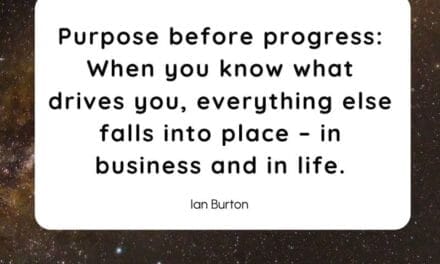Effective communication strategies
Effective communication is essential in all aspects of life, whether it is in the workplace, at home, or in personal relationships. It is the cornerstone of building successful and fulfilling relationships, and it can have a significant impact on our personal and professional success.
It involves the ability to convey information clearly and concisely, to listen actively, and to respond appropriately. It requires a combination of verbal and nonverbal communication skills, as well as an understanding of the cultural and social context in which communication takes place.
Here are some effective communication strategies that can help you improve your communication skills and build better relationships:
- Listen actively
Active listening is an essential component of effective communication. It involves giving your full attention to the person speaking, asking clarifying questions, and responding with empathy. Active listening helps to build trust and understanding, and it can help to prevent misunderstandings and conflicts.
- Be clear and concise
When communicating, it is important to be clear and concise. Avoid using jargon or technical language that may be difficult for the other person to understand. Use simple language and avoid long, complicated sentences. Make sure that your message is clear and easy to understand.
- Use appropriate body language
Body language is an important aspect of communication. Use appropriate body language to convey your message effectively. Maintain eye contact, use appropriate facial expressions, and avoid crossing your arms or legs. These actions can help to convey openness and a willingness to engage in conversation.
- Show empathy
Empathy is the ability to understand and share the feelings of another person. When communicating, it is important to show empathy by acknowledging the other person’s feelings and perspectives. This can help to build rapport and understanding, and it can lead to more productive conversations.
- Avoid making assumptions
Assumptions can lead to misunderstandings and conflicts. Avoid making assumptions about the other person’s beliefs or intentions. Instead, ask questions to clarify any misunderstandings and to ensure that you are both on the same page.
- Be open-minded
Being open-minded is an important aspect of effective communication. Be willing to consider different perspectives and to acknowledge that others may have different opinions and beliefs. This can help to foster a more respectful and inclusive conversation.
- Use positive language
Positive language can help to build rapport and create a more positive and collaborative atmosphere. Avoid using negative language or making negative comments. Instead, focus on positive and constructive communication that can help to build trust and understanding.
Conclusion
Effective communication is an essential component of building successful relationships, both personally and professionally. By listening actively, being clear and concise, using appropriate body language, showing empathy, avoiding assumptions, being open-minded, and using positive language, you can improve your communication skills and build better relationships with others.





